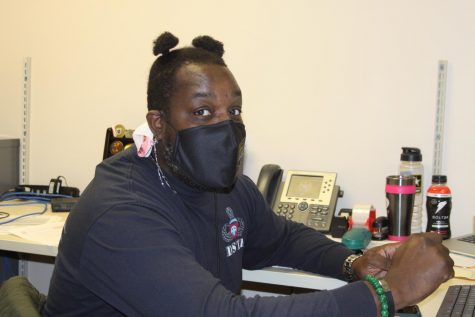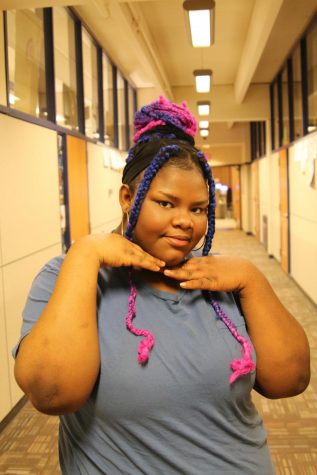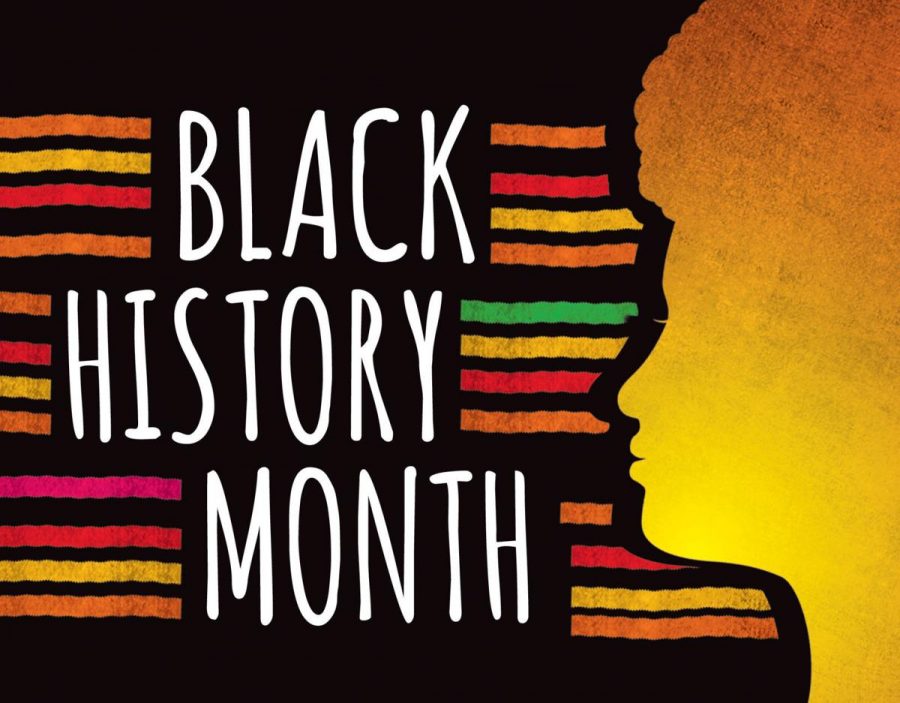The Importance of Black History Month
February 25, 2021
February is Black History Month. Whatever your race, it’s a month to celebrate and honor the many contributions made by African Americans in this country.
But how did February become Black History Month? The idea for a Black History Month was first conceived by the historian Carter G. Woodson and members of his Association for the Study of Negro Life and History. Together they organized a Negro History Week, beginning in February 1926 (Britannica). Woodson chose the second week in February, as it encompassed both Frederick Douglass’ birthday on February 14 and Abraham Lincoln’s birthday on February 12 (Time). During the next 50 years, Negro History Week grew in popularity. Classrooms and cities with a large percentage of African Americans initiated their own celebrations of Black achievements. Teachers used class time to discuss contributions to history made by notable African Americans. The civil rights movement also contributed to its popularity. Negro History Week was expanded to become Black History Month in 1976, with U.S. Pres. Gerald Ford urging Americans to participate in its observance (Britannica).
Living in America, our schools don’t teach us much about Black history. There are many facts that most of us (even our African American friends) don’t know about. Firstly, did you know that large companies branded their slaves like cattle in order to easily identify them, dehumanizing them? Branding was also a common punishment for running away. A mark was often seared onto the slave’s face, preventing them from being assigned to any house or serving work (Kane). Secondly, did you know that George Washington was actually a fan of whipping and other corporal punishments for slaves? Washington also supported the demotion of slaves who did not work hard enough and the sale of repeat runaways (Kane). It’s crazy how well he was painted in school. And lastly, did you know that even today, African Americans are still being violently discriminated against for their skin color?
Whoever you are, Black History Month gives us a chance to learn more about Black history and it also shines more light on the past. It’s crazy how even today, racism can be anywhere. Actually, it probably shouldn’t seem too crazy because the Civil Rights Movement took place only about fifty years ago, but still. It’s wild that humans treat other humans inhumane just because they have a different skin color.
What does BHM mean to you? How do you celebrate it?





